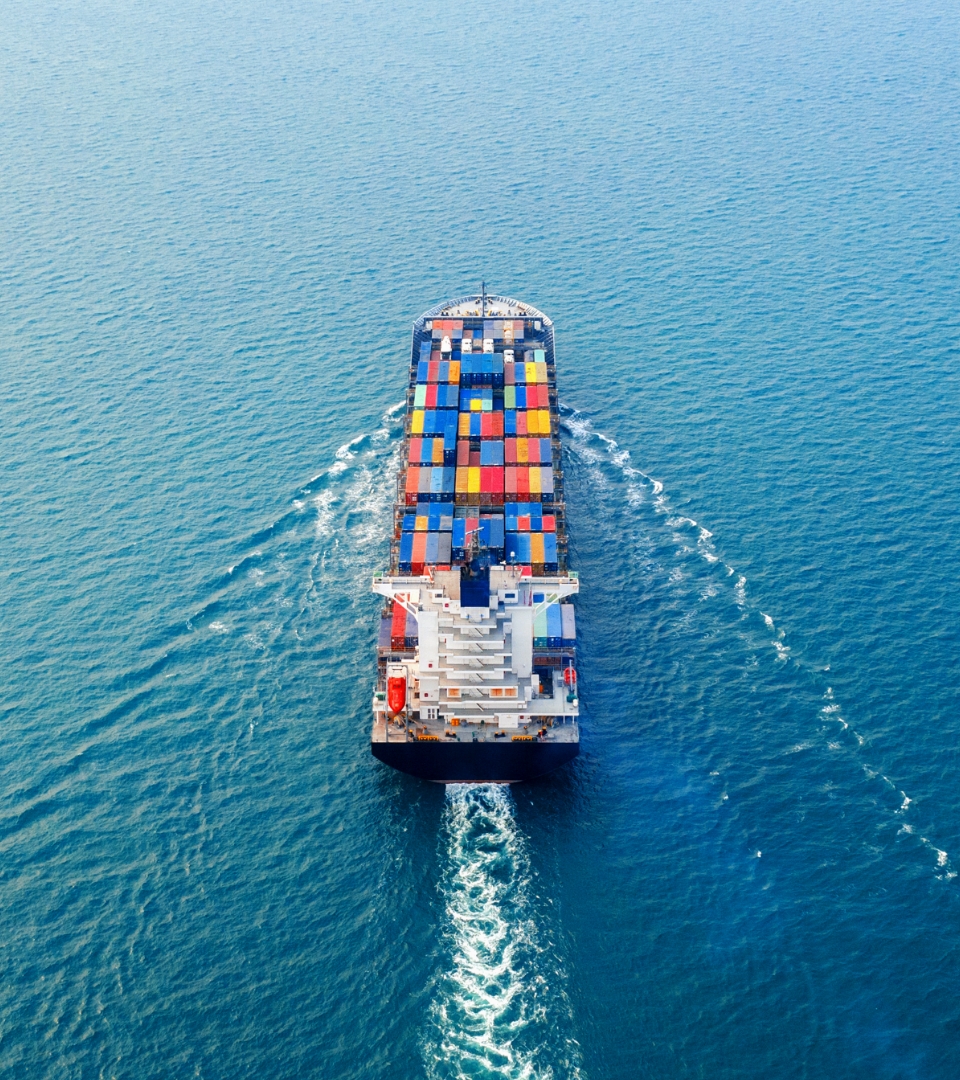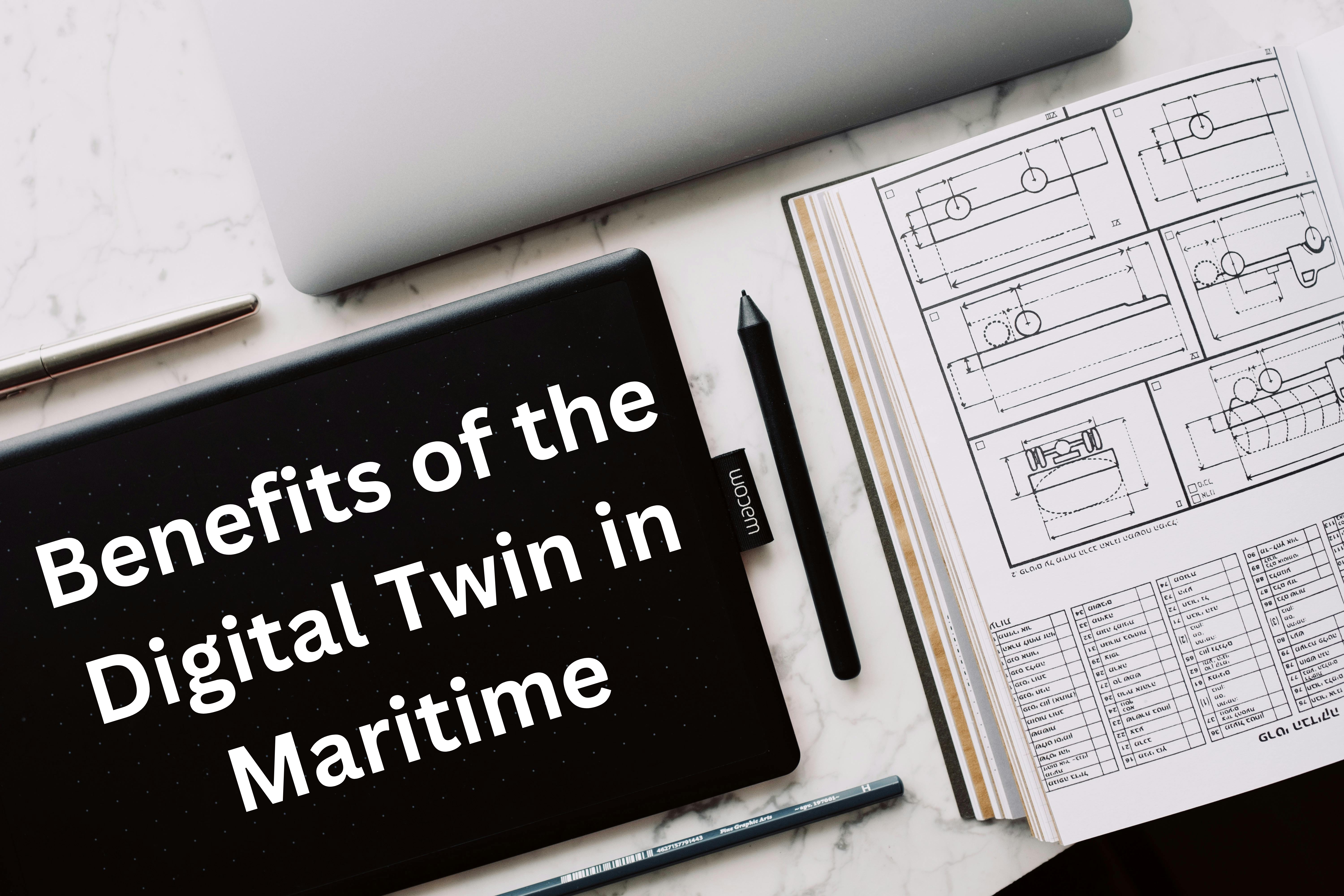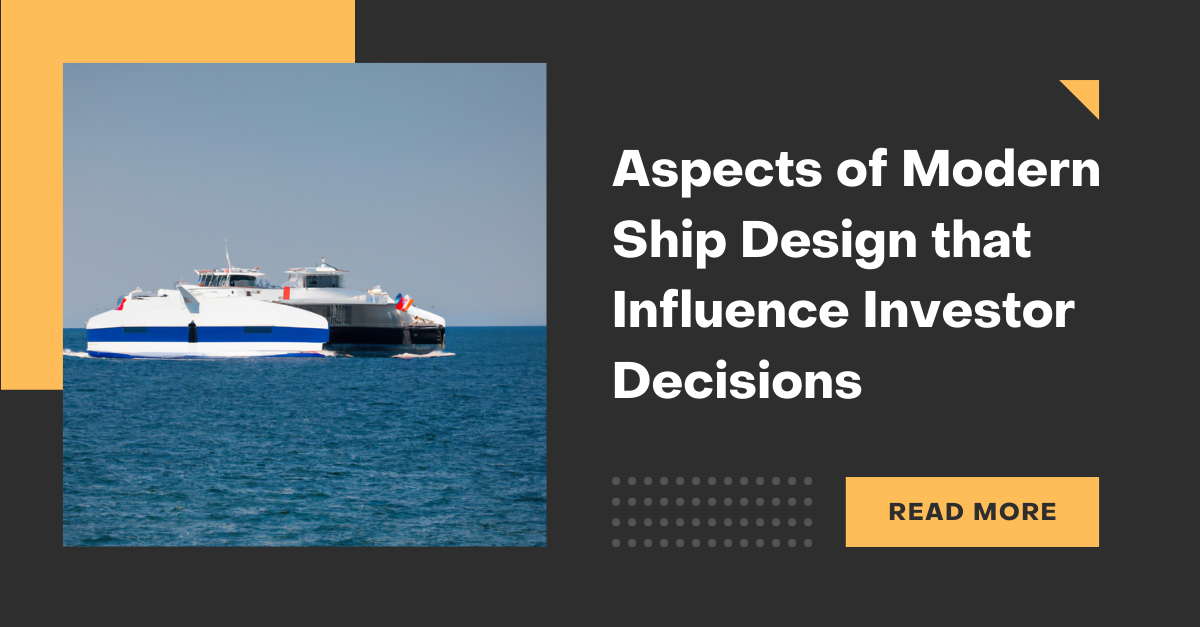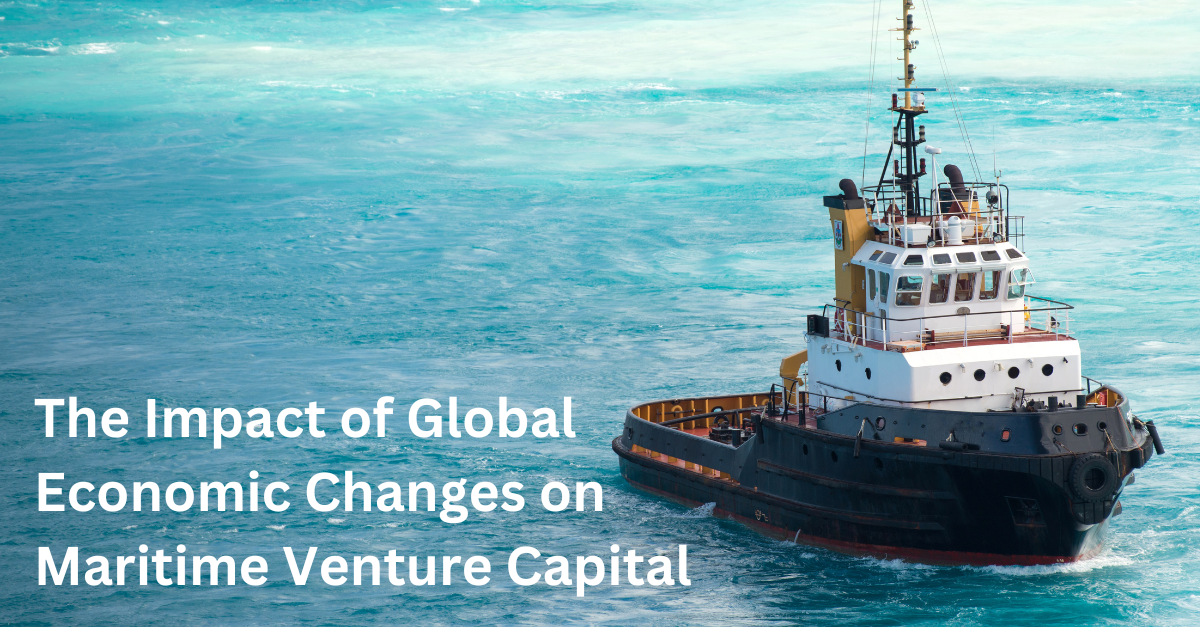
The shipping industry is mandatory for the global economy. People rely on goods and materials that are transported by ships responsible for delivery to different parts of the world. Shipping takes place in a complex and challenging environment, where even minor improvements can result in significant benefits.
According to a report published by Lloyd’s Register in cooperation with Thetius, $331 million has been invested in startups and SMEs developing AI solutions for the maritime sector in 2022. Additionally, there has been a further $43 million awarded in grant funding to support the development of technology for the maritime sector.
Andy McKeran, Director of Maritime Performance Services at Lloyd’s Register, stated: “We have found that traditional and legacy data analytics only look at 10% of vessel data, whereas our AI models can now look at close to 100% of vessel data and process this data instantaneously to create extremely accurate vessel performance insights around fuel consumption, speed, trim, hull fouling and power consumption”.
That being said, Artificial Intelligence (AI) has emerged as a powerful catalyst for change – revolutionising various aspects of the shipping sector. AI involves creating and developing machines that can independently process information and make decisions, based on data (input). These systems then analyse such big data and identify patterns to enhance tasks and improve overall output – let’s take look at how AI is driving the maritime industry.
Navigation & Autonomy
Autonomous and remote-controlled ships are being trailed in some sea areas. Maritime autonomous surface ships (MASS) are crewless vessels that transport containers or bulk cargo over navigable waters with little or no human interaction.
As the industry progresses, sensors will provide data by using radar, sonar, lidar, GPS, and AIS which will supply data for navigational use. With four degrees of autonomy, different methods of autonomy can be achieved through monitoring and remote control from a nearby-manned ship, an onshore control center, or through AI and machine learning. The four levels include:
- Degree 1: Ship with automated processes and decision support
- Degree 2: Remotely controlled ship with seafarers on board
- Degree 3: Remotely controlled ship without seafarers on board
- Degree 4: Fully autonomous ship
However, as the vessel will independently decide the course of action, most predict that autonomous or semi-autonomous operation will be limited to short voyages across a short distance for safety measures.
Fraud Detection & Security
As AI works best with big data, AI models can be trained to recognise normal patterns of operations and therefore identify unusual behaviors or actions that deviate from these patterns to immediately trigger an investigation.
For example, FuelTrust has been using blockchain and AI technology to assist the industry when it comes to tracing the source point of marine fuels. Its co-founder Darren Shelton mentioned in an interview, stating: “FuelTrust’s technological solution uses AI and blockchain to enable secure end-to-end visibility, ensure compliance, and mitigate fraud and risk across the global fuel lifecycle.”
Automated Logistics
One the other key uses of AI in maritime would be its ability to analyse container weight, size, and destination. This would then optimally position them on ships, enhancing stability and space utilisation. In other words, this intelligent placement speeds up loading/unloading and improves voyage efficiency.
Other than automating various aspects of the logistics process, AI can also offer real-time updates on shipments, enabling companies to precisely track the location of their vessels at any moment.
Safety Enhancement
Did you know that “more than 4000 ship incidents and collisions” take place each year? In fact, SMART4SEA Virtual Talk shared that most of these incidents happen in very congested areas. Together with sensor technology, AI can elevate vessels navigation systems and minimise marine collisions due to congestion, severe weather, or low light conditions.
Port Management
There is also an enormous potential for machine learning to improve the efficiency and sustainability of port operations. Taking MagicPort for instance, the digital platform facilitates seamless collaboration between ship owners, ship suppliers, seafarers and other maritime professionals through the use of AI. It offers access to key information through advanced intelligence and automation tools such as its Portal, Ship Agency Solution, Vessel Scanner and others.








